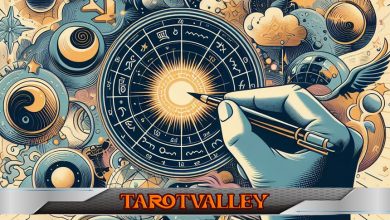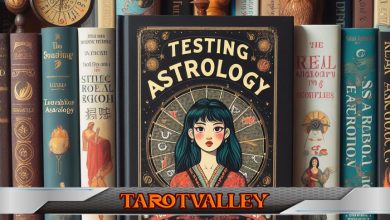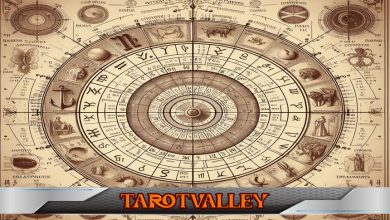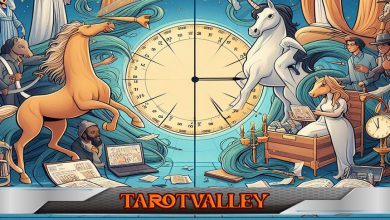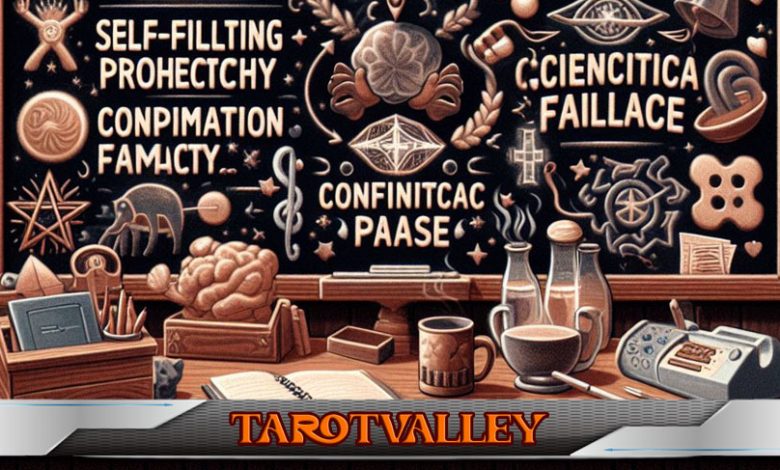
Horoscopes are astrological charts representing the positions of our celestial bodies at a particular second in time, frequently primarily based on one’s birthdate. They’re believed to provide insights into someone’s individual, conduct, and destiny activities.
Ancient background
The exercise of astrology, from which horoscopes originate, dates back hundreds of years throughout numerous cultures. Historical civilizations, just like the Babylonians and Egyptians, used celestial observations to make predictions and understand human affairs.
Advantages of analyzing Horoscopes
Self-mirrored image and perception
Horoscopes can prompt a self-mirrored image by highlighting persona traits and capacity challenges. They offer a lens through which individuals can better recognize themselves and their actions.
Presenting consolation and steering
For plenty, horoscopes provide consolation at some point in uncertain instances and serve as a supply of guidance. They are able to provide reassurance or an experience of direction, helping people navigate life’s ups and downs.
Accuracy and Reliability of Horoscopes
Forms of Horoscope Predictions
Horoscopes can make generalized predictions based on sun signs or provide more customized insights via distinct delivery charts. The accuracy of those predictions can vary widely depending on the astrologer’s expertise and methodology.
Factors Influencing Accuracy
The accuracy of horoscopes is prompted by factors such as the astrologer’s ability, the person’s openness to interpretation, and the alignment of our celestial bodies at a given time. Skeptics regularly question the reliability of horoscope readings due to their subjective nature.
Psychological effects of Horoscopes
Belief in fate and destiny
Horoscopes can foster beliefs in destiny, shaping how people perceive their lives and alternatives. Some find comfort in the idea that their paths are predetermined, while others may also feel limited with the aid of a sense of inevitability.
Confirmation biases and Self-fulfilling Prophecies
Individuals might also show affirmation bias by selectively interpreting horoscope predictions to align with their studies. This bias can support beliefs and result in self-gratifying prophecies, in which one’s actions comply with the anticipated effects outlined in their horoscope.**ethical concerns Surrounding Horoscopes**
Exploitation of vulnerable individuals
Horoscopes have frequently been criticized for preying on vulnerable people who may be searching for guidance or reassurance in uncertain times. Some argue that horoscope writers take advantage of people’s fears and insecurities by providing indistinct predictions and recommendations, leading them to make choices based on unfounded beliefs.
Medical Criticisms of Horoscopes
Astronomical Inaccuracies
One of the foremost clinical criticisms of horoscopes is their reliance on old astronomical facts. The positions of celestial bodies have shifted through the years due to the Earth’s wobbling rotation, rendering conventional zodiac symptoms inaccurate. Critics argue that horoscopes fail to reflect the actual positions of stars and planets, undermining their credibility.
Lack of Empirical evidence
Another clinical criticism of horoscopes is the lack of empirical proof that helps their accuracy. No matter the claims of astrological patterns affecting human conduct and events, research has not revealed a consistent correlation between horoscope predictions and actual lifestyle outcomes. Skeptics argue that the reliance on subjective interpretations undermines the clinical validity of horoscopes.
Cultural and social views on Horoscopes
Horoscopes hold significant cultural and societal significance for many individuals, serving as a supply of entertainment, self-mirrored image, and communal bonding. At the same time, while a few brush aside horoscopes as mere superstitions, others view them as treasured tools for exploring private traits, relationships, and guiding lifestyle decisions. The good-sized recognition of horoscopes across diverse cultures highlights their enduring relevance in present-day society.In conclusion, the world of horoscopes gives a variety of interpretations and implications, providing consolation and controversy to those who interact with them. At the same time, while a few may additionally locate solace and guidance in the insights provided by way of horoscopes, others question their validity and moral implications. As discussions surrounding horoscopes tend to conform, it’s far more critical to approach those practices with a vital yet open-minded attitude, recognizing the multifaceted nature of perception structures and their effect on people and society as a whole.
Regularly asked Questions (FAQ)
Are horoscopes scientifically tested to be correct?
Can reading horoscopes have a negative impact on mental health?
Do cultural variations affect how horoscopes are perceived and utilized?

